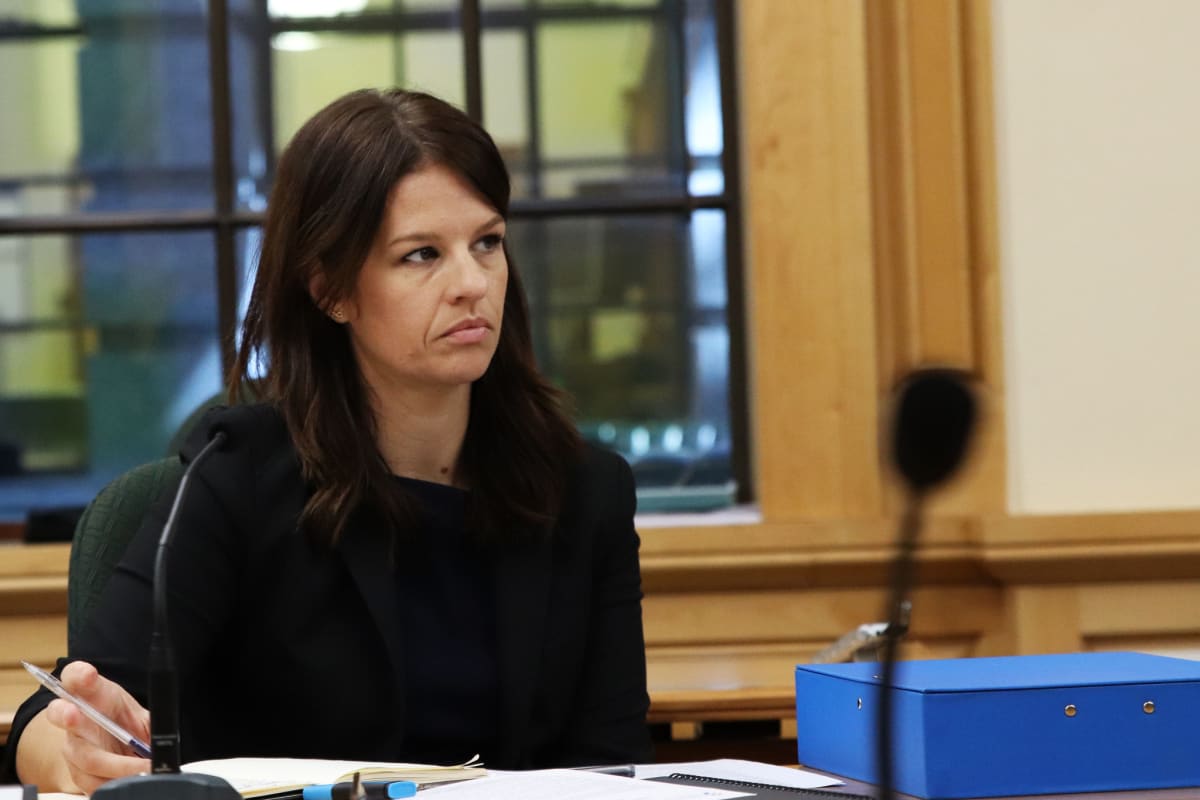
Plans to axe partner work visas at the end of the year could see migrants working under the table or stuck in abusive situations due to financial dependence
Migrants following their partners to New Zealand will find themselves without options for work, which advocates warn could lead to a rise in worker exploitation and even domestic violence.
From December, most partners of temporary migrant workers will no longer receive work rights through their partnership, and will need to qualify for the new accredited employer work visa or be granted a visitor visa.
Right now, partners can get hold of a visa for the same amount of time as their migrant worker partners, allowing them to work or study for up to three months.
But with immigration rebalances bringing in the accredited employer work visa, migrants will have to jump through the same hoops as their work visa-bearing partners in order to earn money.
It’s raised questions about how it will help with current worker shortages and social harms it could cause, with more people forced to subsist in single-income family set-ups or work under the table in situations where they are vulnerable to exploitation.
Greens spokesperson for immigration Ricardo Menéndez March said restricting the right to work of partners of most temporary visa holders will increase incidences of family violence, hardship and push people into exploitative arrangements in order to make ends meet.
“If the Government wants to create a high-wage economy they should be focusing on lifting wages across the board, instead of limiting the working rights of migrant families,” he said. “It will be a lot harder for migrant families to survive on one income, and forcing migrants into being financially dependent on their partner will create power dynamics that can result in abuse.”
On top of this, there’s a specially-created visa for victims of family violence, but people can only apply for this if it occurred between them and a citizen or permanent resident.
The Ministry of Business, Innovation and Employment is looking into whether this visa can be made available for other circumstances at the moment.
“While we welcome the possibility of changes being made to the family violence work visa to include partners of temporary visa holders, the most significant solution lies in preventing the conditions where family violence happens in the first place,” said Menéndez March.
He said New Zealand is sending the message that we want the labour of these temporary workers, but not their families - unless they can get a high-paying job.
“If the Government wants to stop migrants working in low-waged jobs, then the Government ought to focus on lifting wages and working conditions instead of putting families in a position where they’ll be facing hardship as a result of needing to survive on one income,” he said.

The ministry's immigration policy manager Andrew Craig said the move aims to reduce reliance on lower-paid migrant workers and to limit migrant workers on employer-assisted visas to roles where there are skill shortages.
“It doesn’t make sense to take care with recruiting for genuine skill shortages for the primary applicant if we are going to allow a ‘plus one’ with much looser requirements to join them,” Craig said.
He said the number of partners of temporary migrant workers coming to New Zealand grew significantly in the years before the pandemic, concentrated in lower-paying sectors like hospitality and retail.
Open work rights will still be available to partners of the accredited employer work visa who are paid twice the median wage or have jobs on the Green List, which includes certain jobs in construction, engineering, IT and healthcare.
National Party immigration spokesperson Erica Stanford said the new system would put people off moving to New Zealand, right at a time when many sectors are crying out for workers.
“There’s a worldwide war on talent,” she said. “Our visa settings need to be as welcoming as possible.”
She questioned whether New Zealand would be an attractive destination for people who know their partner will not be able to work, especially in this age of a sharply rising living costs.
“If they do come it’s going to be significant financial pressure on them,” she said.
And for those who do, she said they could well end up in under-the-table work, where workers are much more likely to be exploited.
“Everything this Government has done has put barriers in the way of good people getting here,” she said. “I don’t understand the rationale when we desperately need people.”

From an employer’s perspective, the new system may make taking on temporary migrant workers a less than preferable proposition.
To hire a worker on the accredited employer work visa, there’s a lengthy process employers first need to go through to get fully accredited, with fees depending on how many migrants they wish to employ.
Up to five migrants is a $740 fee, while employing as many migrant workers as you want in your franchise costs $1980.
Then employers need to advertise the role to check there are no citizens or residents available for hire.
“This is a way of giving suitable New Zealanders the chance to apply for work before it is offered to someone from overseas, and making sure employers offer attractive wages to New Zealanders,” reads the ministry’s information for employers.
The job needs to be listed for at least two weeks on a national listing website or channel where suitable New Zealanders are likely to apply.
Then the employer needs to apply for a job check, which costs $610, wherein the ministry assesses the job to see if it pays enough and offers enough hours.
Only after this process is complete does the migrant worker apply for their visa, with a signed offer from their employer.
Without factoring in the time the delay could take, that’s at least $1350 spent from the employer’s pocket in order to hire a temporary migrant worker.
“What company advertising for a part-time administrative assistant is going to go through all of that?” asked Stanford. "Once they're here, it's a giant leap to employ them."
Migrants arriving prior to December will not be affected by the change, and any partner visas with open work rights will retain them until their current visa expires.







